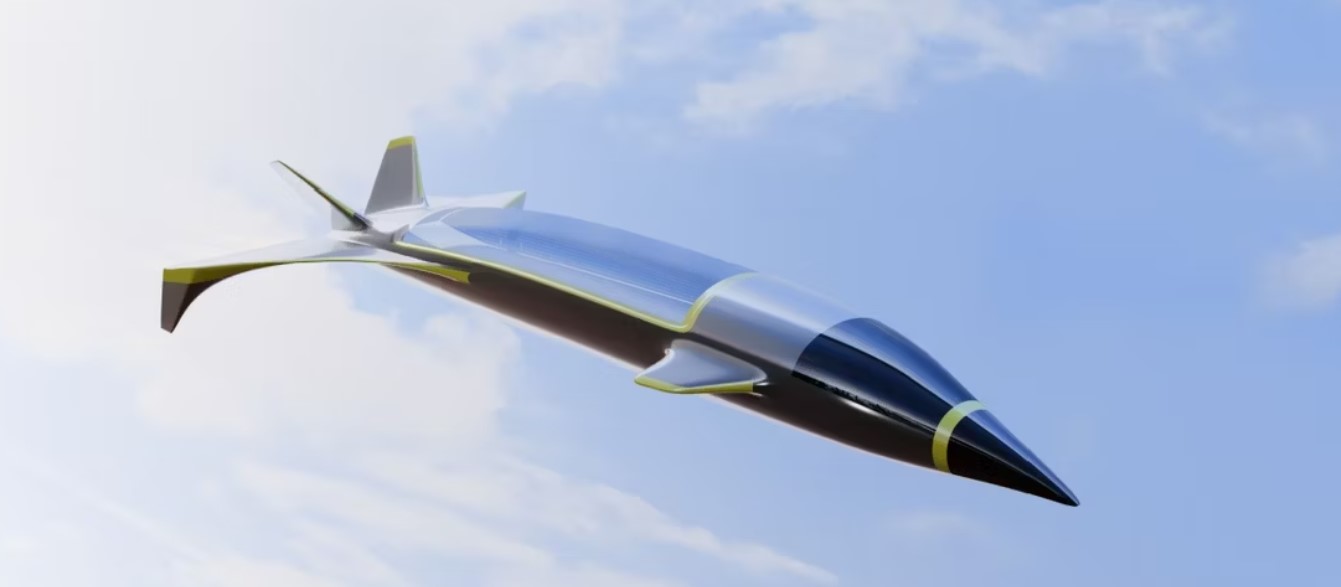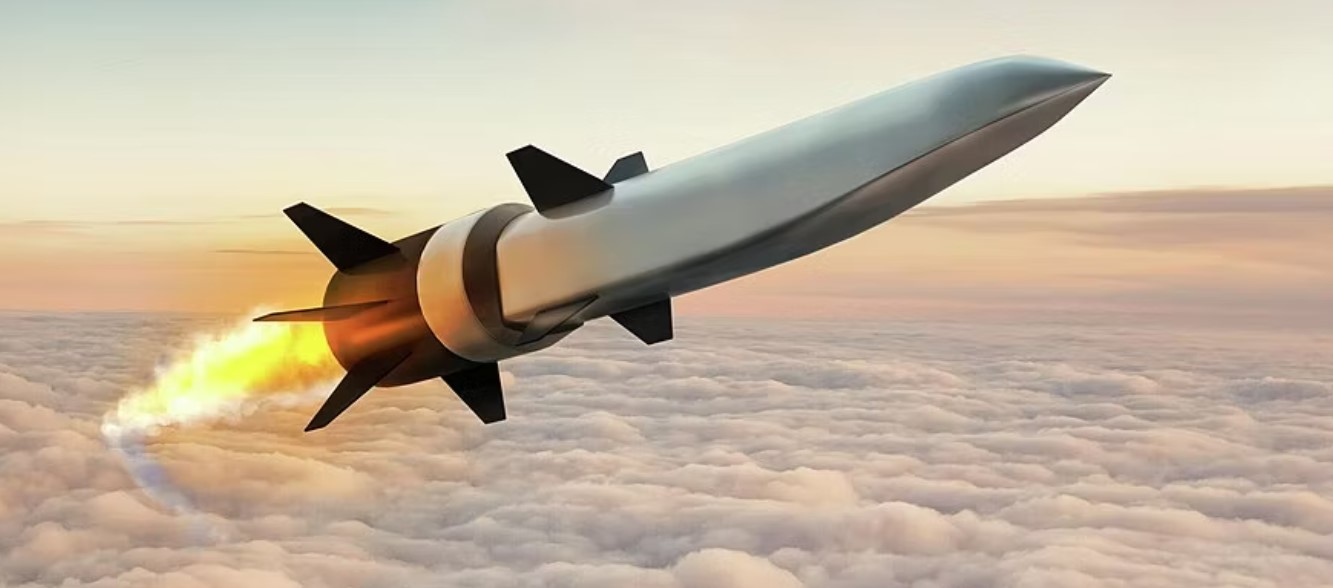Regarding hypersonic technology, Russia’s ambitions collide with geopolitical tensions and espionage allegations, casting a shadow over scientific progress. The recent conviction of Alexander Kuranvo, a prominent hypersonic scientist, underscores the complexities and risks inherent in this field of research.
Accused of passing state secrets to foreign agents, Kuranvo’s sentencing to seven years in prison serves as a stark reminder of the consequences of espionage in sensitive sectors. Despite Russia’s efforts to safeguard its technological advancements, concerns persist over the proliferation of hypersonic capabilities and the potential for exploitation by foreign powers.

The Ayaks hypersonic vehicle, shrouded in secrecy and speculation, represents Russia’s pursuit of cutting-edge aerospace technologies. Yet, its development is clouded by suspicions of collaboration with foreign entities and the threat of espionage.
As Russia grapples with internal challenges and external pressures, the future of its hypersonic program hangs in the balance. With espionage cases on the rise and geopolitical tensions simmering, the pursuit of hypersonic capabilities remains a high-stakes endeavor with far-reaching implications for global security.

